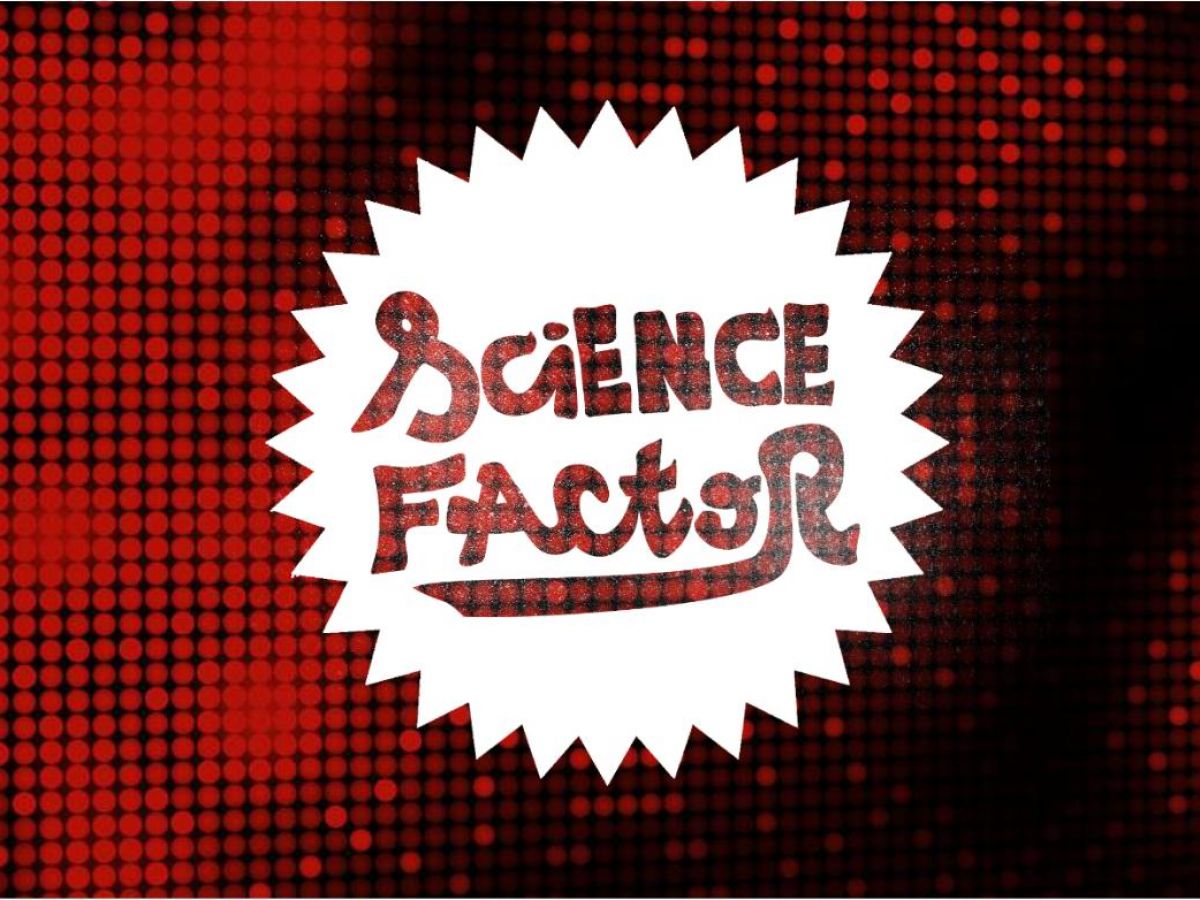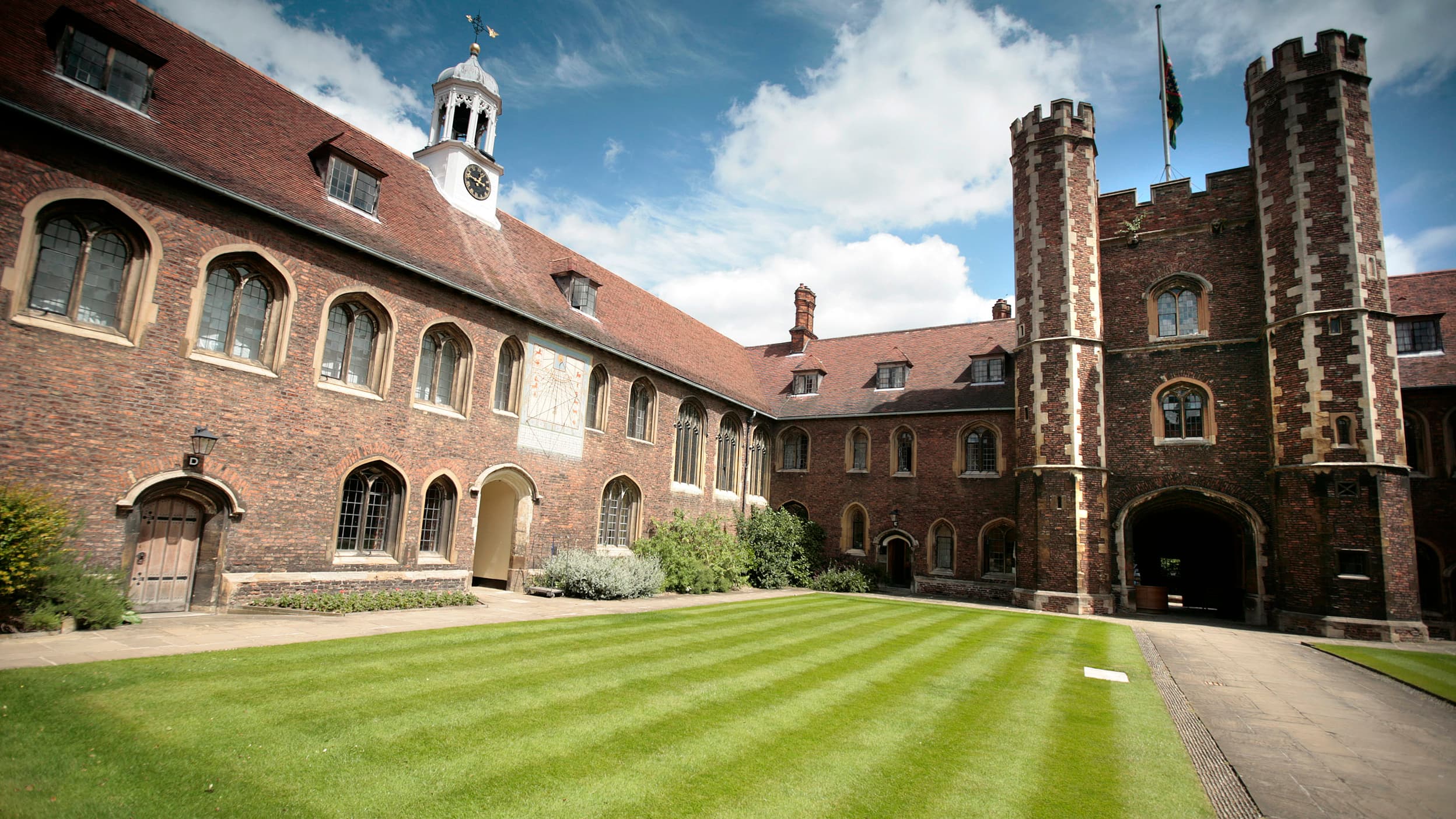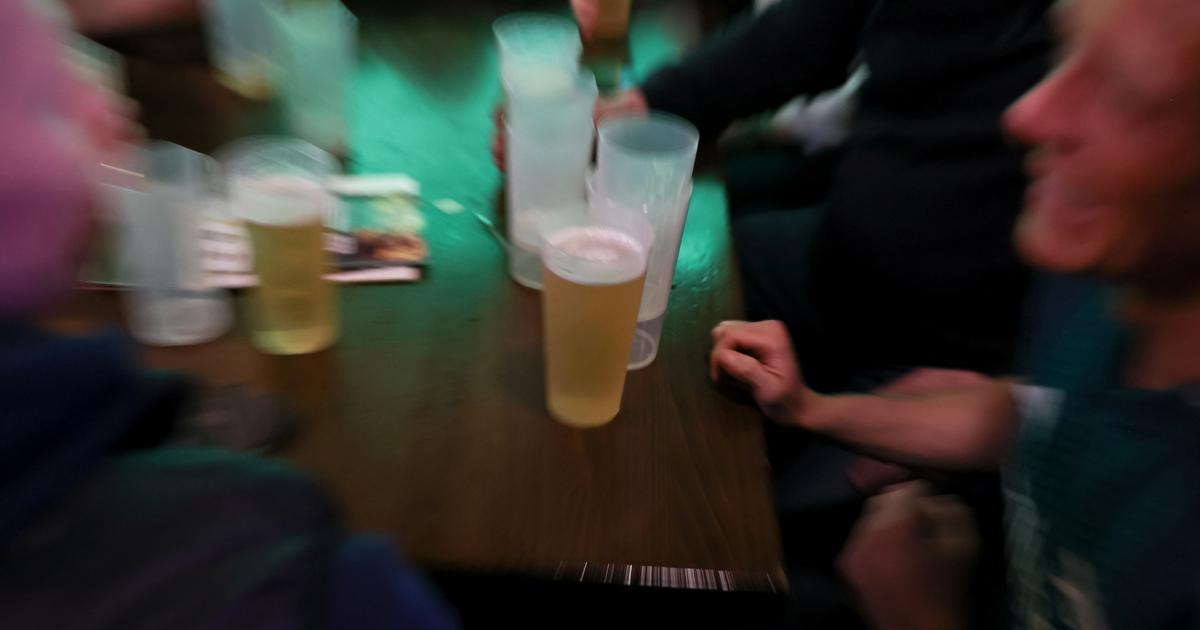On March 20, 2024, the Science Factor awards ceremony took place in Neuilly-sur-Seine. Created in 2011 by Global Contact and supported by the Ministry of National Education and Research, its ambition is to give young girls and boys a taste for science, innovation and digital technology.
This year, 27 teams from all over France – but not only: one team came from the United Arab Emirates – presented inventions and innovative projects. Here some of them are recorded Science and the future.
Teams led by girls
Participating teams compete in 7 categories, such as the “Care Award” rewarding projects focused on health and well-being, or the “Girl-Boy Equality Award”.
Equality between girls and boys in science is one of the foundations of Science Factor, where participating groups are systematically led by girls. The aim is to show that they have a place in the science curriculum, while they only represent about 40% of students in science (in 2018), a disillusionment that follows from CP.
Project support
Competition winners have the chance to receive support for at least one year to continue and develop their project. Such was the case in 2023 for the Madin’O group, a team from Martinique that envisioned a gravity water purification system that could significantly filter out chlordecone. This insecticide is responsible for widespread water pollution in the Antilles : almost 90% of the population shows traces of it, even though the insecticide has been banned since 1993.
Among past winners The presence of the exhibition “1 possible dream” tells the story of well-known figures such as Beethoven, Philippe Croizon and Agatha Christie, who overcame a handicap.
5 winning teams
This year, 5 teams were awarded. They focus on different topics, such as supporting people with Alzheimer’s disease (Brain buddy project), recycling used batteries (Pilplus) or even endometriosis, a disease that affects at least 10% of women and is related to uncontrolled proliferation of endometrial cells in the abdomen (EDMS).
Science Factor winners and finalists include:
-
Dyssolutions (winner):
Charlotte and Dany, two 3rd grade students in Villepreux (Yvelines), form the Dyssolutions team. These two young people had the idea to design a teaching assistant app to help students who, like them, suffer from dyslexia (a reading and writing disorder that can make learning difficult).
Their project for students and head teachers was rewarded with the “Handinumeric Prize” awarded by Sopra Steria, which will take care of their monitoring for the next year.
Read alsoDyslexia: scientists have identified 42 new genes that may be associated with this disorder
The “Barometer of well-being at school” (BBEE) is a project presented by four 5th year students from Senones (Vosges). At interactive terminals located at strategic locations in the middle or high school, students can express their feelings using a well-being rating system.
Using these terminals, supervisors can more easily identify students who are suffering (very often silent) or assess the overall atmosphere and act accordingly.
Lylou, Kylan, Méryl and Malo were awarded in the “College” and “Digital Orange” categories. They will be followed by Orange to complete the project.
The Womee group, a finalist for the “Girls-Boys Equality Prize”, offers podcasts with interviews that highlight women in science, but also engaged in other fields often associated with men, such as the automotive industry.
Ysoline, Sophia, Melis and Jade, the four members of the group, want to show that stereotypes can be overcome and that gender does not determine a person’s profession. Their project was awarded “Favorite” in the categories “Equality between girls and boys” and “Secondary schools”.
First graders came up with the idea of using insects to protect orchards. They are based on beneficial, helpful insects that can drive away pests (such as ladybugs that eat aphids).
The insect hotel consists of several sections: some are designed to house beneficial insects, while others serve as pest traps. Supported by INRAE, their “Insect Residor Kit” will be accompanied by an app to help gardeners select the insects best suited to the problems in their orchard.




